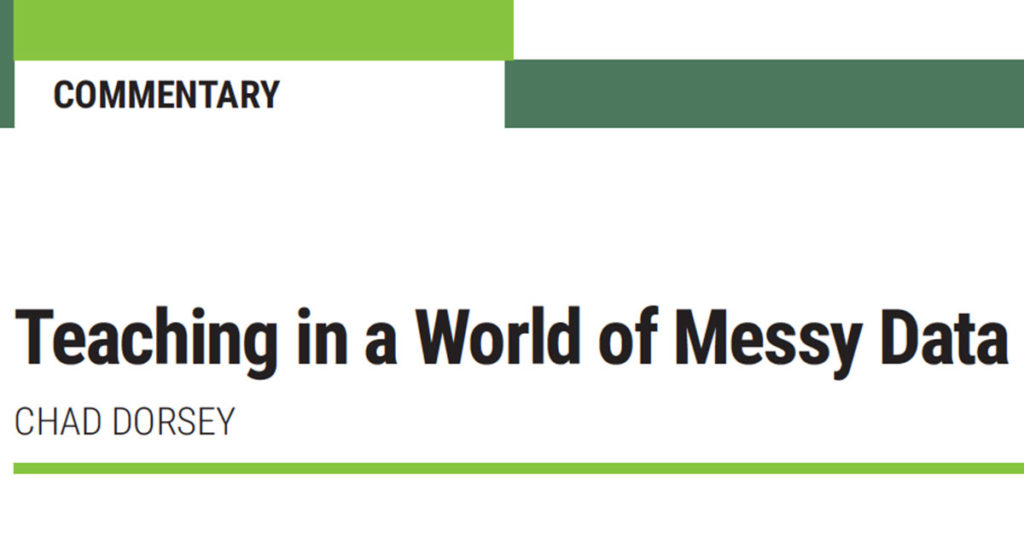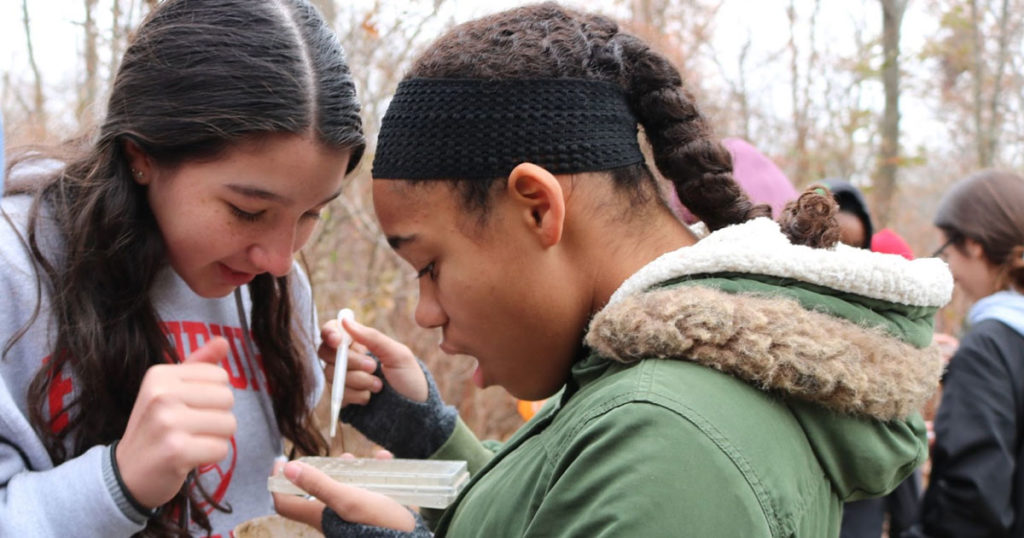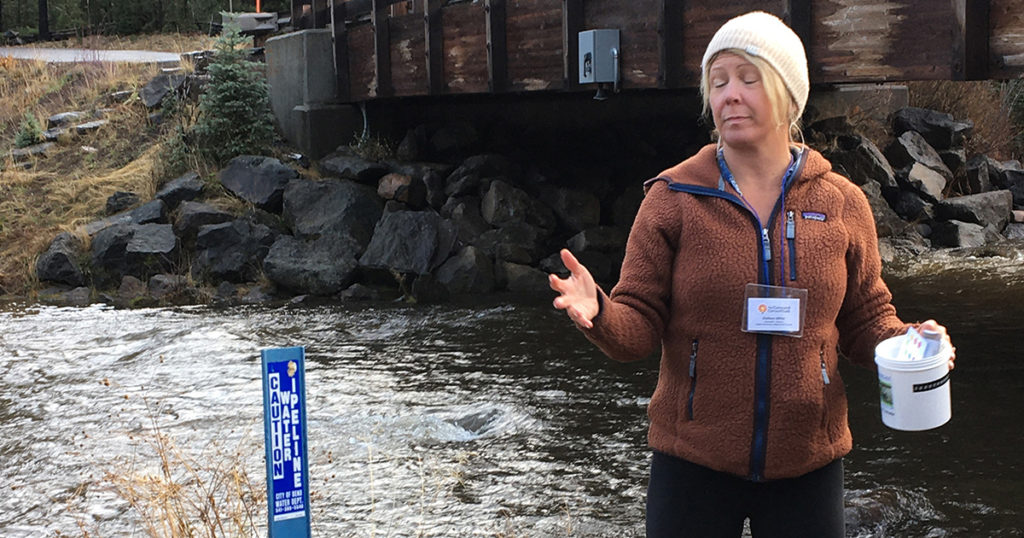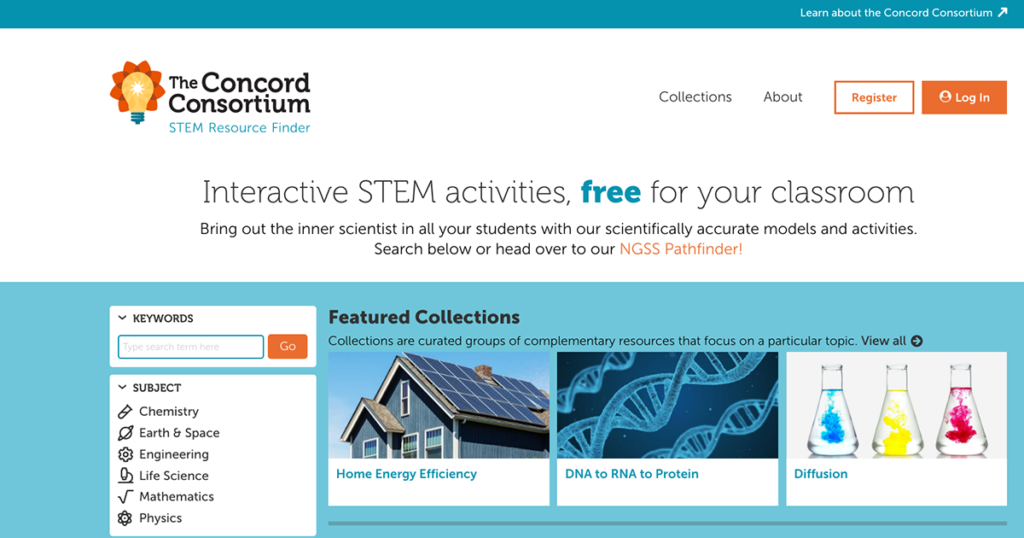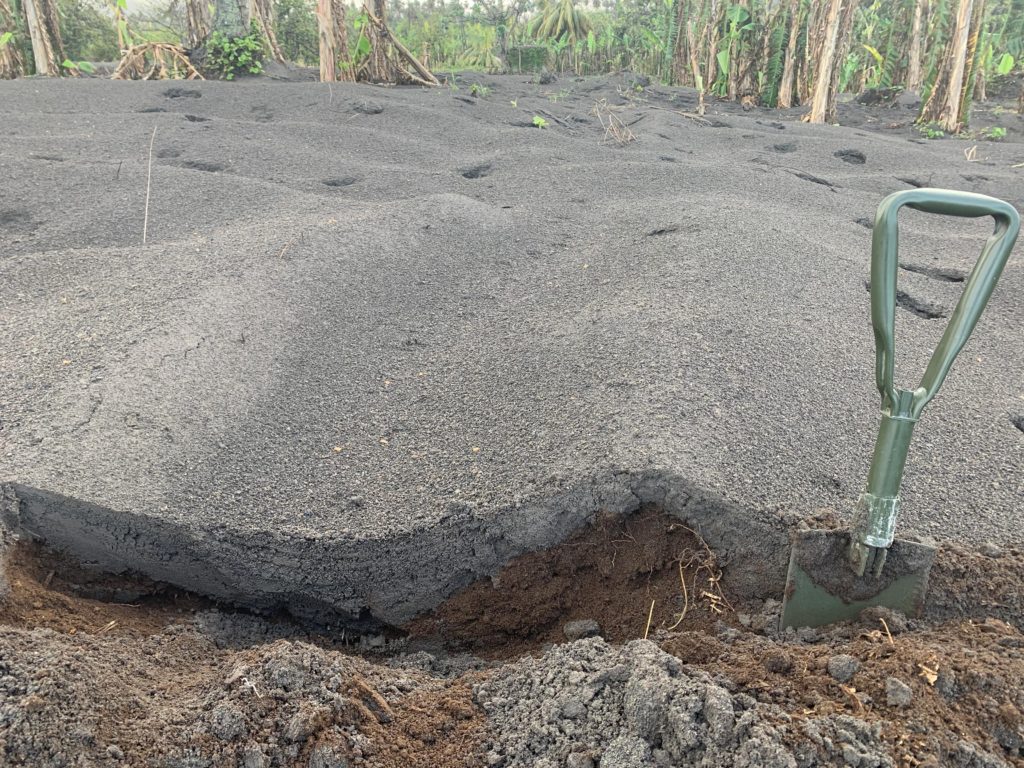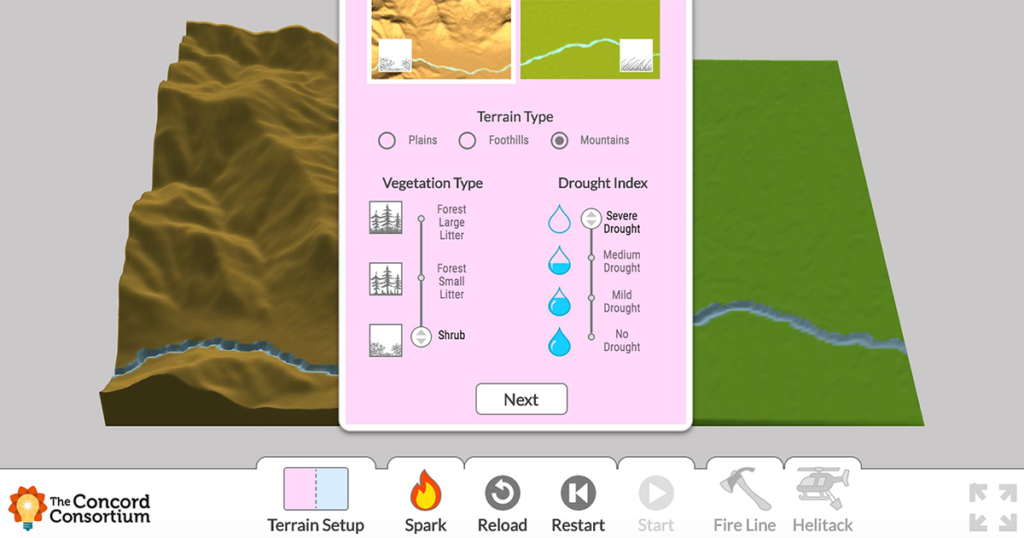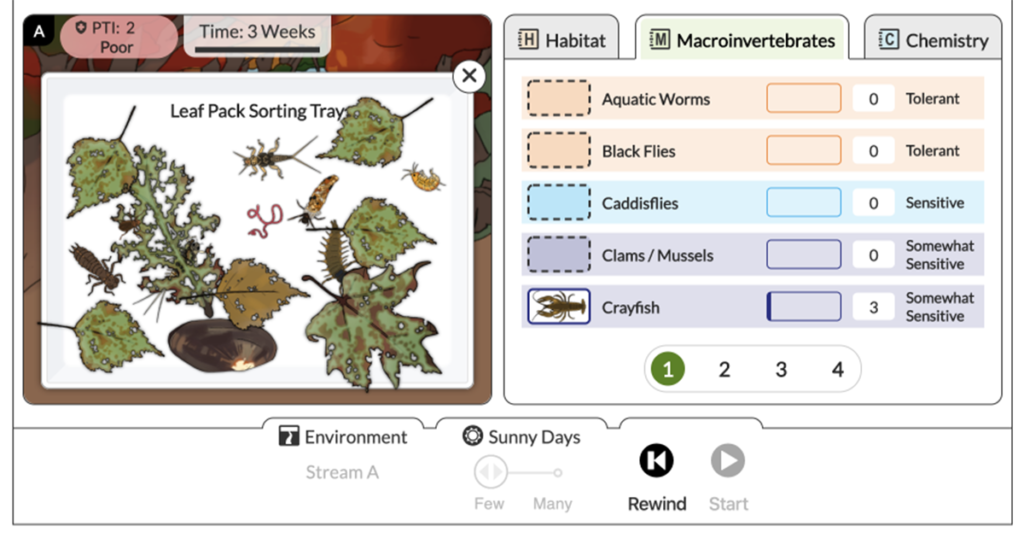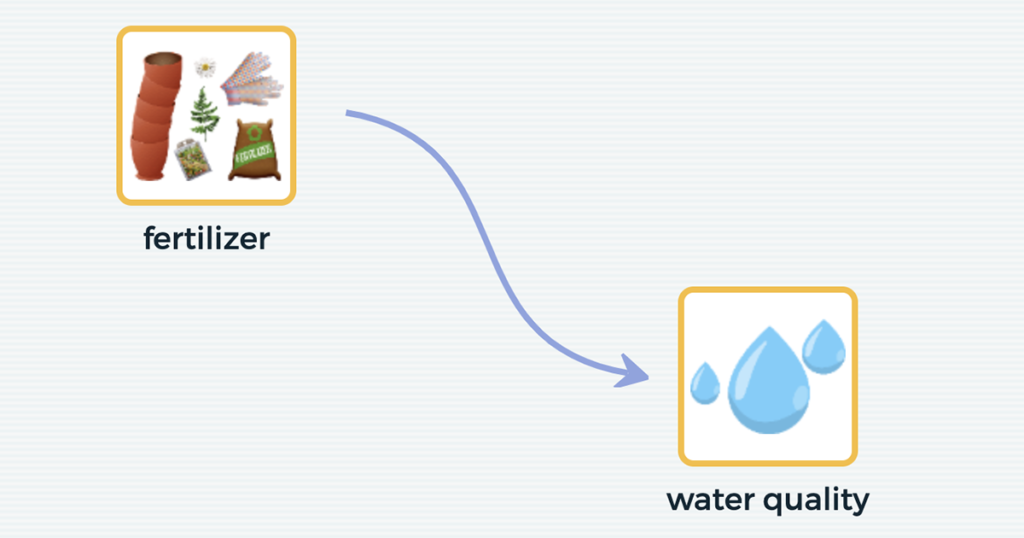Category: About Us
We published nine articles in researcher and teacher practitioner journals and one book chapter in 2021 that showcase innovations in STEM teaching and learning through technology. Learn how to design curricular materials that leverage digital tools for system modeling (#2), how to ensure powerful data learning experiences for all learners (#6), how to operationalize and […]
We recently revised our mission and vision statements, and described our efforts to address issues of diversity, equity, inclusion, and justice in several of our research projects. We know that this was only a beginning. As we said, “We are still learning how to design science, technology, engineering, and mathematics resources that are more socially […]
Over 100,00 miles of rivers and streams crisscross the state of Oregon, and it boasts more federally designated Wild and Scenic segments of river than anywhere else in the country. Water practically outlines the state with the Pacific Ocean on the west, the Columbia River defining much of the northern boundary with Washington, and the […]
When Robert Tinker founded the Concord Consortium in 1994, his goal was to make science exciting and open to all. From Bob’s earliest invention to make experimental data collection quick and easy with the use of fast-response sensors to his groundbreaking technology to expose the invisible and mysterious world of atoms and molecules in the […]
New notebooks, sharpened pencils, and your tablet and iPhone batteries charged and ready to go. Check, check, and check. It’s back to school time! Whether you’re planning to be back in a real classroom for the first time in over a year or teach from your renovated basement, we’ve also been getting ready for the […]
Robert Constantinescu, a Ph.D. candidate in volcanology at the University of South Florida (USF), flew to the island of St. Vincent after the explosive activity at the La Soufrière volcano subsided. Between May 1 and 13, 2021, he worked alongside local scientists from the Seismic Research Centre of the University of West Indies to collect […]
“A new fire has started every day in Utah since May 17. Hot, dry conditions mean more could spark soon.” This was the shocking headline of a June 10 article about wildfires in one Western state. The National Interagency Fire Center, the nation’s support center for wildland firefighting, is currently tracking large fires in Utah […]
In the past year, Karla Orosco has taught 7th grade science in person, remotely online, remotely and in person simultaneously, from home as well as from her classroom, to students locally and as far away as Italy. Needless to say, she has had logistical challenges, but mostly, she missed her students. Orosco teaches at the […]
Modeling is key to how scientists help explain complex phenomena—from the coronavirus pandemic to climate change—and explore scientific and engineering problems. The Next Generation Science Standards (NGSS) recognize the importance of Systems and Systems Models as one of the crosscutting concepts, and Developing and Using Models and Using Computational Thinking as two of the science […]
The ongoing COVID-19 pandemic is providing an unprecedented amount of health and social science data, and serves as a compelling starting point to engage in data science activities. A new project funded by the Innovative Technology Experiences for Students and Teachers (ITEST) program at the National Science Foundation is designed to empower young people to […]
